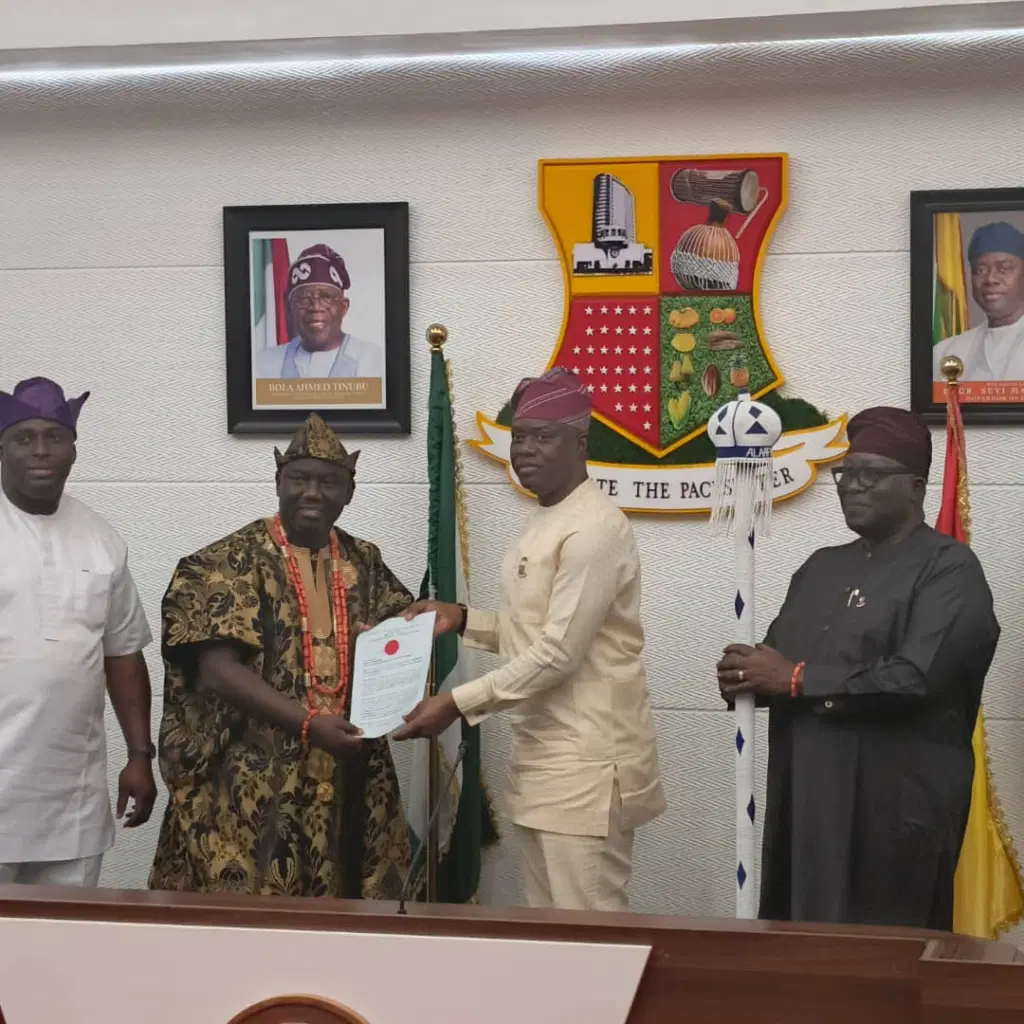Nigeria has called for stronger governance, transparency, and collaboration among African leaders and industries to turn the continent’s vast resource wealth into sustainable development. Vice President Kashim Shettima outlined this vision at the first International Exhibition of Extractive and Energy Resources (SIREXE) in Abidjan, Côte d’Ivoire, emphasizing the need for policies that benefit both present and future generations.
Harnessing Africa’s Resource Wealth for Prosperity
Shettima highlighted that effective governance is key to transforming natural resources into national prosperity. “This is not just about resources; it’s about people, prosperity, and posterity,” he said, stressing that transparency and accountability are essential for ensuring that Africa’s mineral wealth fosters growth rather than conflict.
Nigeria has taken a lead in this area with the establishment of the Nigeria Extractive Industries Transparency Initiative (NEITI) in 2004. According to Shettima, “Transparency is non-negotiable for building trust and ensuring inclusive benefits for all.”
Regional Cooperation and Local Capacity Building
Shettima underscored the importance of regional partnerships, noting that Africa’s energy future is interconnected. He emphasized Nigeria’s willingness to share its experiences and collaborate with ECOWAS nations to create an extractive industry that benefits all.
In addition to regional cooperation, local content development is critical. Shettima highlighted Nigeria’s Local Content Act of 2010, which boosted local participation in the oil and gas industry from 5% to nearly 30%. He cited the success of the Dangote Refinery as an example of what can be achieved through indigenous innovation and capacity building.
Transforming Nigeria’s Energy Sector
Shettima pointed to the restructuring of the Nigerian National Petroleum Corporation (NNPC) under the Petroleum Industry Act (PIA) 2021 as a significant achievement. The transformation of NNPC into a commercially-oriented entity with reduced government interference has set a new benchmark for resource governance in Africa.
Addressing Challenges and Ensuring Security
Acknowledging the challenges posed by vested interests and conflicts in resource-rich regions, Shettima emphasized the need for specialized policing frameworks to secure mining sites and support sustainable growth. “We cannot afford to allow cartels and instability to jeopardize our aspirations,” he warned.
Africa’s Untapped Potential
Shettima reminded the audience that Africa holds 40% of the world’s gold, 10% of its oil, and critical minerals like cobalt and lithium. Despite this wealth, much of the continent’s potential remains untapped. He called for a unified approach to unlock these resources for the benefit of all Africans.
Support from Côte d’Ivoire and Other Stakeholders
Côte d’Ivoire’s Vice President Tremoko Meyliet Kone praised the collaborative spirit of the event and highlighted the importance of cross-border partnerships for job creation and resource maximization. He also emphasized the need to address environmental concerns in the mining sector.
Norway’s Ambassador to Côte d’Ivoire, Ingrid Mollestad, commended the conference for fostering collaboration and innovation in the extractive and energy industries. She stressed the importance of sustainable development and shared values in navigating the global landscape.
A Path Forward for Africa
The SIREXE conference provided a platform for leaders and stakeholders to exchange ideas and propose solutions for the challenges facing the extractive and energy industries. With Nigeria’s leadership and commitment to transparency, regional cooperation, and local capacity building, the future of Africa’s resource sector looks promising.
By fostering unity and innovation, Africa can unlock its resource wealth and ensure lasting prosperity for its people.


